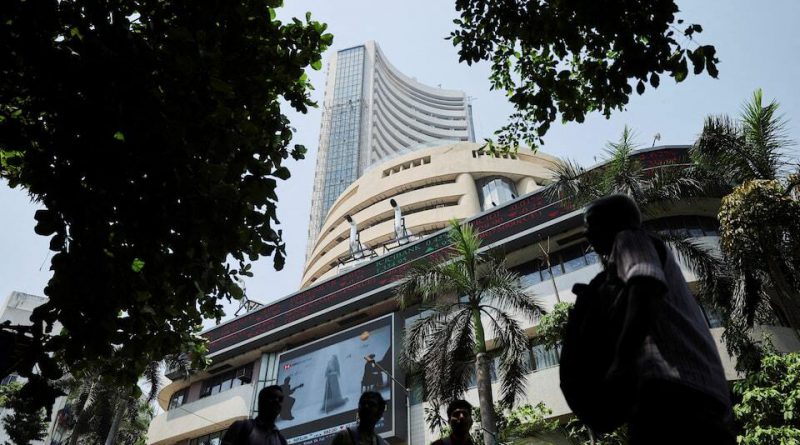India’s Equity Markets Dip Amid US Visa Concerns, Auto Gains Offset Losses
New Delhi — India’s equity benchmarks experienced a slight decline in early trading on Tuesday, primarily due to concerns surrounding the impact of increased H-1B visa fees. However, gains in the automotive sector, driven by strong festive-season demand, helped mitigate the losses.
The Nifty 50 index fell by 0.33%, reaching 25,117.8 points, while the BSE Sensex decreased by 0.32%, settling at 81,889.71 as of 10:22 a.m. IST. A broad sell-off was observed, with 15 of the 16 major sectors declining. Both small-cap and mid-cap stocks dropped by 0.5%.
Shares of information technology companies, which largely depend on revenue from the U.S., slid by 0.6%, extending a 3% decline from the previous day. Analysts, including Hariprasad K, noted that the new H-1B visa fees could disrupt India’s IT outsourcing model, a concern heightened by the fact that Indians accounted for 71% of approved H-1B beneficiaries last year.
In contrast, the auto index surged by 1%, reaching a record high, attributed to strong customer turnout at dealerships during the festive season of Navratri, coinciding with the implementation of Goods and Services Tax (GST) cuts.
Three of the top five gainers on the Nifty 50 were automotive companies. Maruti Suzuki India led the way with a 2.2% rise, achieving a lifetime high. Mahindra & Mahindra increased by 1%, while Eicher Motors saw a 1.4% uptick. Analysts from ICICI Securities indicated that passing GST cuts on to consumers could enhance sales volumes in the passenger vehicle sector, sustaining momentum into fiscal 2026.
Additionally, KEC International’s stock surged by 7.7% after the company secured orders worth 32.43 billion rupees (approximately $366.6 million) in its international transmission and distribution business.
As the market navigates these mixed signals, the focus remains on how external factors, particularly U.S. visa policies, will influence India’s economic landscape.



